Russia, the biggest country in the world, is often linked to its chilly weather and expansive, wild environments. Yet behind these scenes of snow lies a nation with many different aspects of hospitality that will make any traveler feel warmly welcomed by their culture. Now we will look at this matter more deeply, uncovering the diverse forms of welcome offered here, exploring its lively cultural abundance, and showing what special experiences are waiting for you in Russia.
In contrast to the common stereotypes, Russians are generally recognized for their warm hospitality. This characteristic is deeply ingrained in Russian culture and when a person arrives at someone's home they are welcomed with great respect and kindness. It is custom to show generous hospitality, known as "" (gostepriimstvo), often expressed by offering an abundance of food and drink. Guests may enjoy big and satisfying meals, including traditional dishes like borscht, pelmeni, and blini. Outside of eating, hosts frequently make an extra effort to create a cozy and inviting environment for their guests. This natural friendliness is quite memorable.
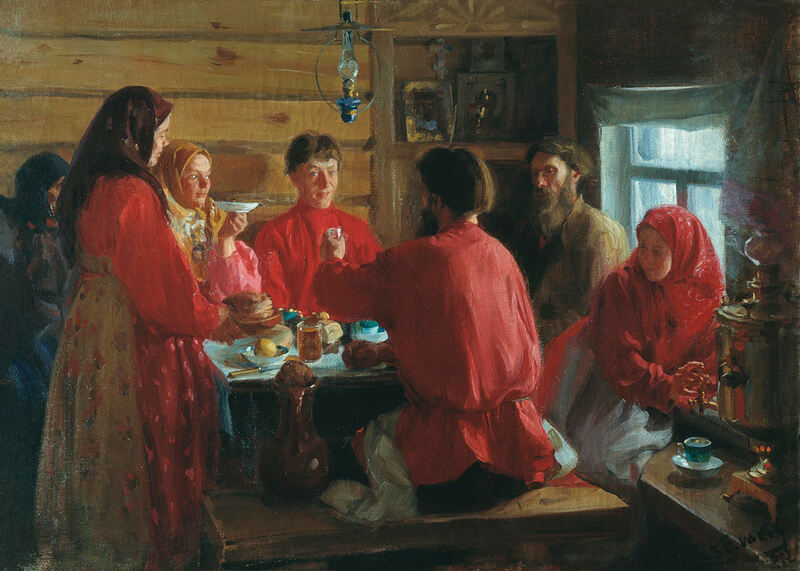
This strong sense of hospitality is not only within the confines of personal residences but also in public life. In country places, it's usual to ask unknown visitors for a cup of tea or to spend the night. This custom guarantees that all travelers feel at ease, regardless of their location in Russia. In city environments, this kindness is shown by the service sector. Employees at hotels and restaurants make extra efforts to welcome guests, making sure they have a good time that will be remembered well.
The cities in Russia are a wealth of cultural variety. Moscow, the main city and capital, contains famous spots like Kremlin and Red Square. It also has lively art scenes with globally recognized theaters such as Bolshoi. Saint Petersburg, known as the cultural capital, has the Hermitage Museum which holds one of the biggest art collections worldwide. In these cities, you can find a mix of old and new culture. They have many museums, galleries, and cultural happenings that show the diverse heritage of Russia.
Outside of the big cities, you can find smaller places such as Kazan and Vladivostok that offer their own special cultural experiences. Kazan, which is the capital city of Tatarstan, mixes Russian and Tatar cultures. You can see this in its buildings and food. On the other hand, Vladivostok - situated near China's border as well as North Korea's - shows a mix of both Eastern and Western cultures. Russia has a variety of cities that display its cultural diversity, adding to the nation's unique fabric.
Russia has a very old and complicated history, going back to the time of the Tsars, then through the Soviet Union period and beyond. The beautiful architectural creations, such as fancy cathedrals and big palaces, narrate tales from a past era filled with emperors and revolutions. Notable historical spots consist of the Winter Palace in Saint Petersburg along with olden towns forming the Golden Ring - everyone gives an insight into Russia's previous times. The many museums and historical spots throughout the land keep this plentiful history, turning it into a heaven for people who love past events.
Moreover, the history of Russia is not only seen in its famous places but also less popular but still important spots. Solovetsky, an island fortress that used to be a harsh Soviet prison camp, is now recognized by UNESCO as a World Heritage Site which symbolizes the country's 20th-century history. The town Suzdal forms part of the Golden Ring and it has remained mostly unspoiled from modern development featuring medieval Russia with its monasteries preserved well and wooden structures.
Festivals are a lively part of Russian culture, showing the nation's traditions and community charm. Maslenitsa, which is the Russian Sun Festival, comes at the end of winter and people celebrate it by eating pancakes with butter or other delicious fillings. They also ride sleds down hillsides while listening to folk music from their country. Victory Day remembers World War II finishing and sees military parades and fireworks being done. The White Nights Festival in Saint Petersburg is a cultural celebration of the city's sun that never sets, with many events happening nearly at midnight. This festival creates an atmosphere of communal warmth which symbolizes Russian society. When people take part in these festivals, they get to know local traditions and culture better while feeling the unique hospitality and friendliness of Russians.
Also, there are more celebrations like the Moscow International Film Festival and the Golden Mask Festival which show Russia's part in arts. These festivals draw talents and viewers from around the world, strengthening Russia's role as a cultural center. Every festival, whether it is tied to tradition or concentrates on modern arts, displays this nation's varied cultural diversity and the sense of community that unites its citizens.
Outside the city views, Russia's nature is also stunning. The huge area of Siberia, calm Lake Baikal, and rough Caucasus Mountains offer diverse landscapes to explore. The Trans-Siberian Railway gives a special method for experiencing Russia's large terrains as it crosses the country from Moscow to Vladivostok. For people who love nature, there is a chance to go hiking, fishing, and looking for wildlife. This lets them see the peaceful side of Russia that is different from its busy cities.
In Russia, there are natural reserves like the Kronotsky Nature Reserve in Kamchatka where you can find many types of animals such as bears, foxes, and even eagles. The Valley of Geysers is also located in Kamchatka and it is a very big geothermal field that gives an amazing show of natural things happening. These unique environments offer plenty of chances for eco-tourism and adventure activities, displaying the variety of environments within this country.
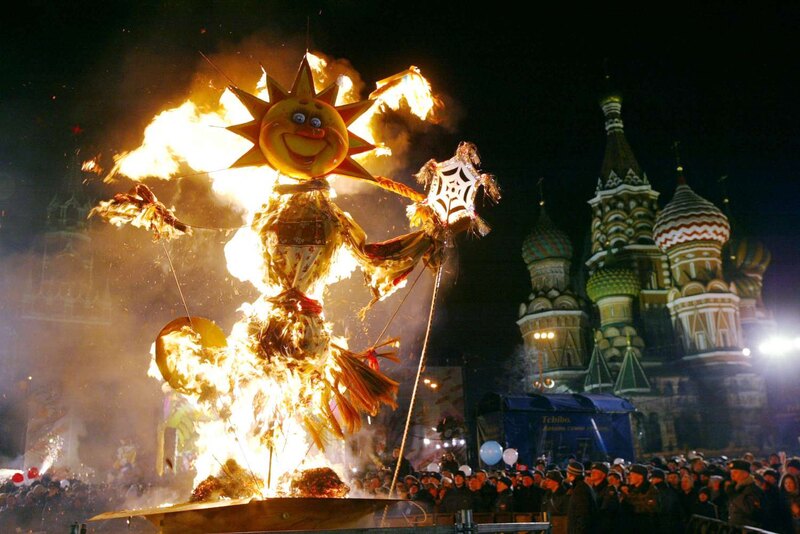
Everyday life in Russia is filled with traditions. The people's skills in traditional crafts, like making Matryoshka dolls and Faberg eggs, display an artistic legacy that has been handed down through many generations. Russian folk music and dance are characterized by unique beats and vibrant outfits that mirror the country's cultural wealth. The Russian sauna, known as banya, is a customary wellness habit that gives relaxation to the body and acts as a place for people to gather socially. These customs help in comprehending Russia's cultural pattern and the principles cherished by its population.
In countryside settings, the country's traditional customs are more noticeable. For instance, gathering honey using old methods or observing agricultural festivals that match with seasons. In urban places too, traditions are maintained through celebrations like festivals and markets along with cultural establishments that focus on safeguarding Russian heritage. These activities and occasions make sure Russia's deep-rooted customs stay connected to its present society.
Mother Russia's heart, full of warmth, has a beat that fascinates and charms all who visit. The journey through Russia is one of deep significance and lasting memories; from its kind welcome to the diverse cultural experiences and stunning natural beauty - this guide encapsulates what makes this country special.
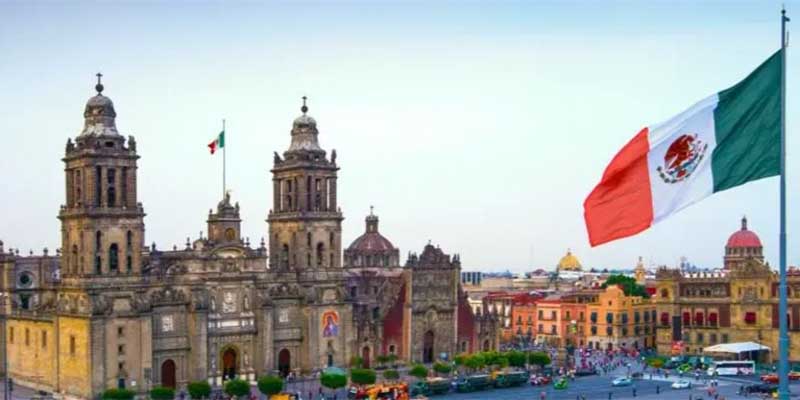
By Juliana Daniel/May 28, 2024
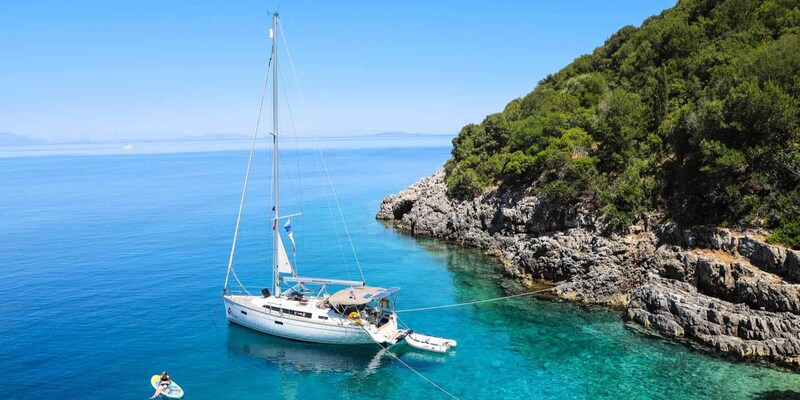
By Sean William/May 28, 2024

By Susan Kelly/Apr 05, 2024
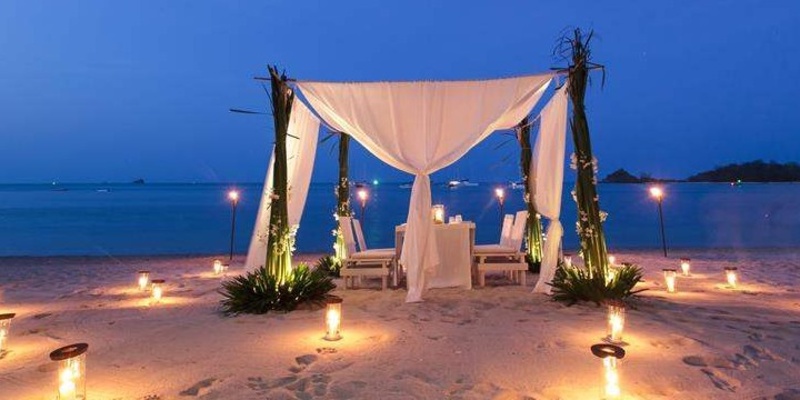
By Sean William/May 29, 2024

By Susan Kelly/May 16, 2024

By Rick Novak/Jul 17, 2024
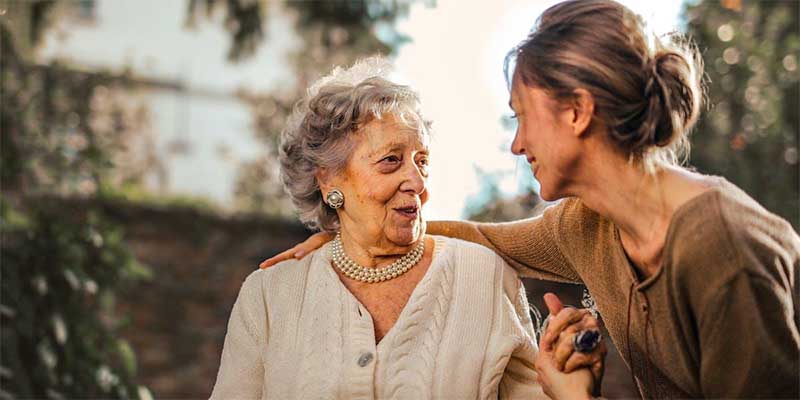
By Triston Martin/Feb 13, 2024
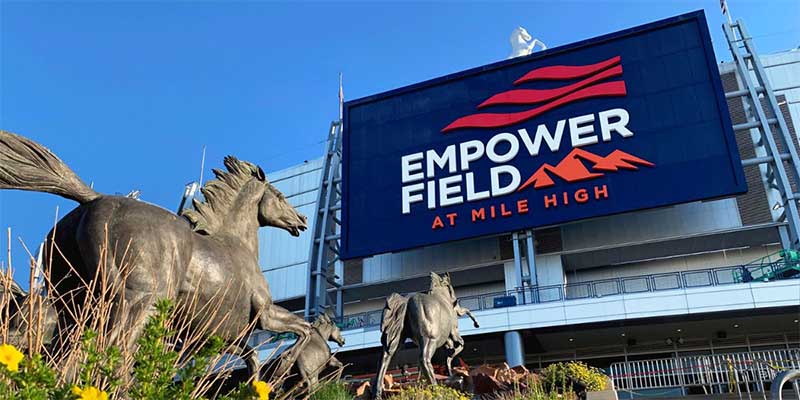
By Susan Kelly/May 10, 2024
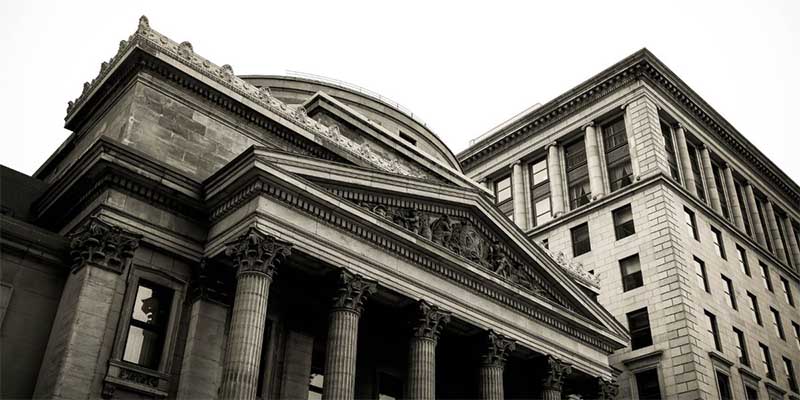
By Triston Martin/Feb 19, 2024
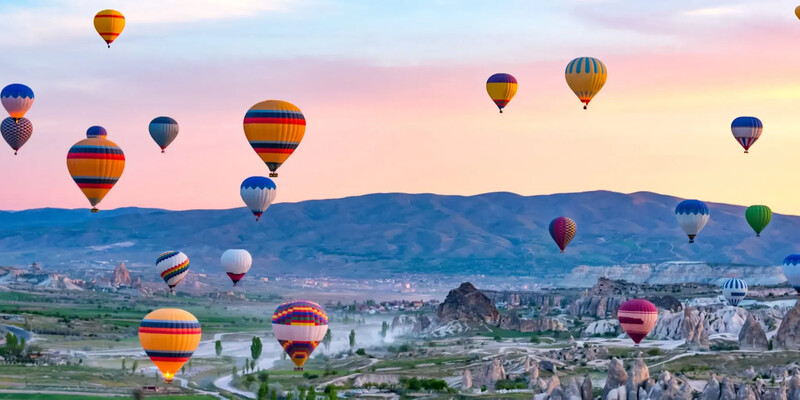
By Sean William/May 28, 2024
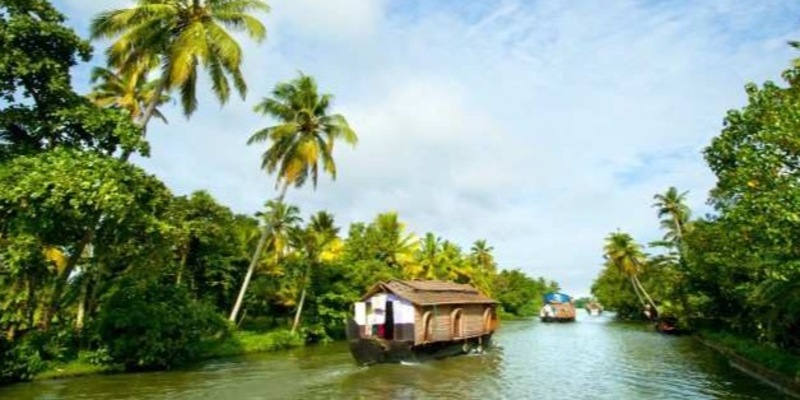
By Juliana Daniel/May 29, 2024

By Triston Martin/Mar 06, 2024